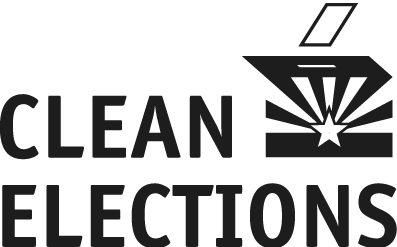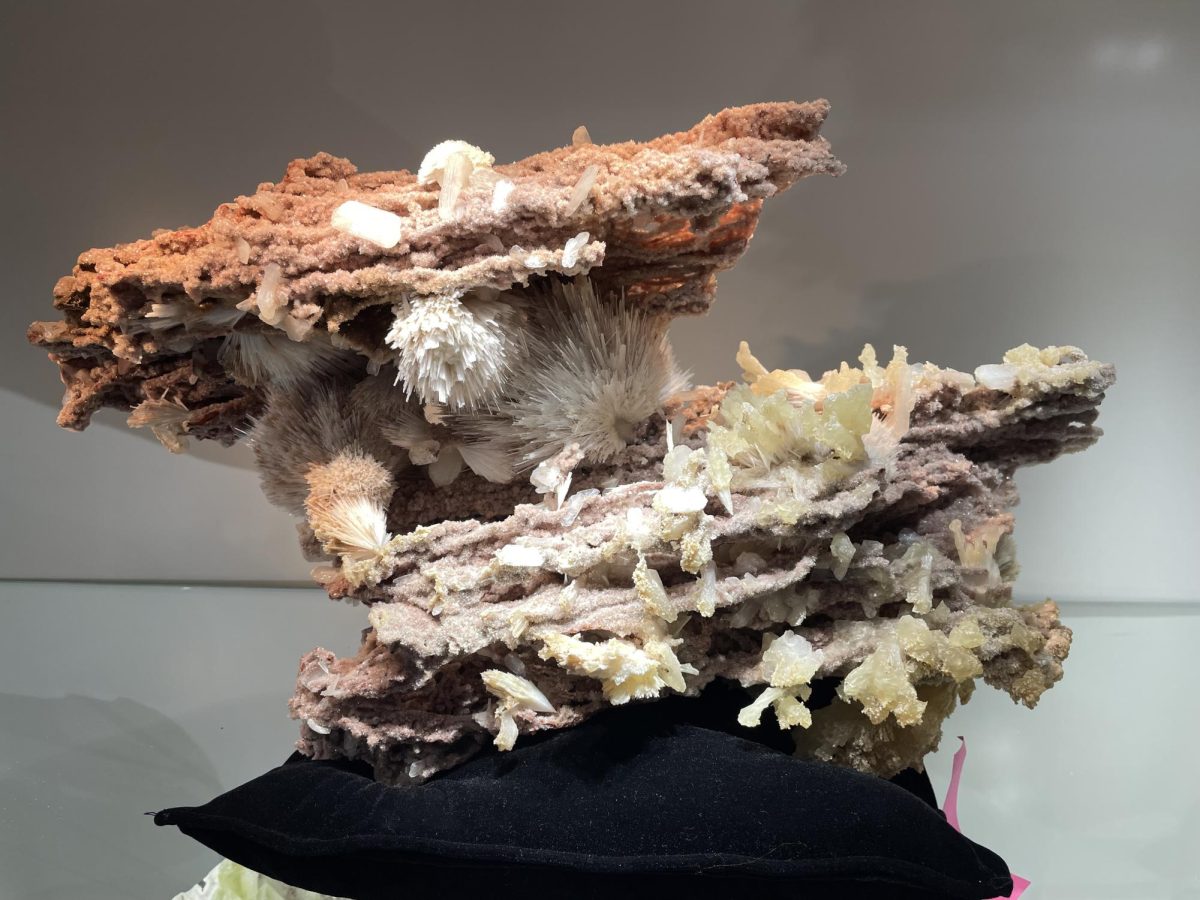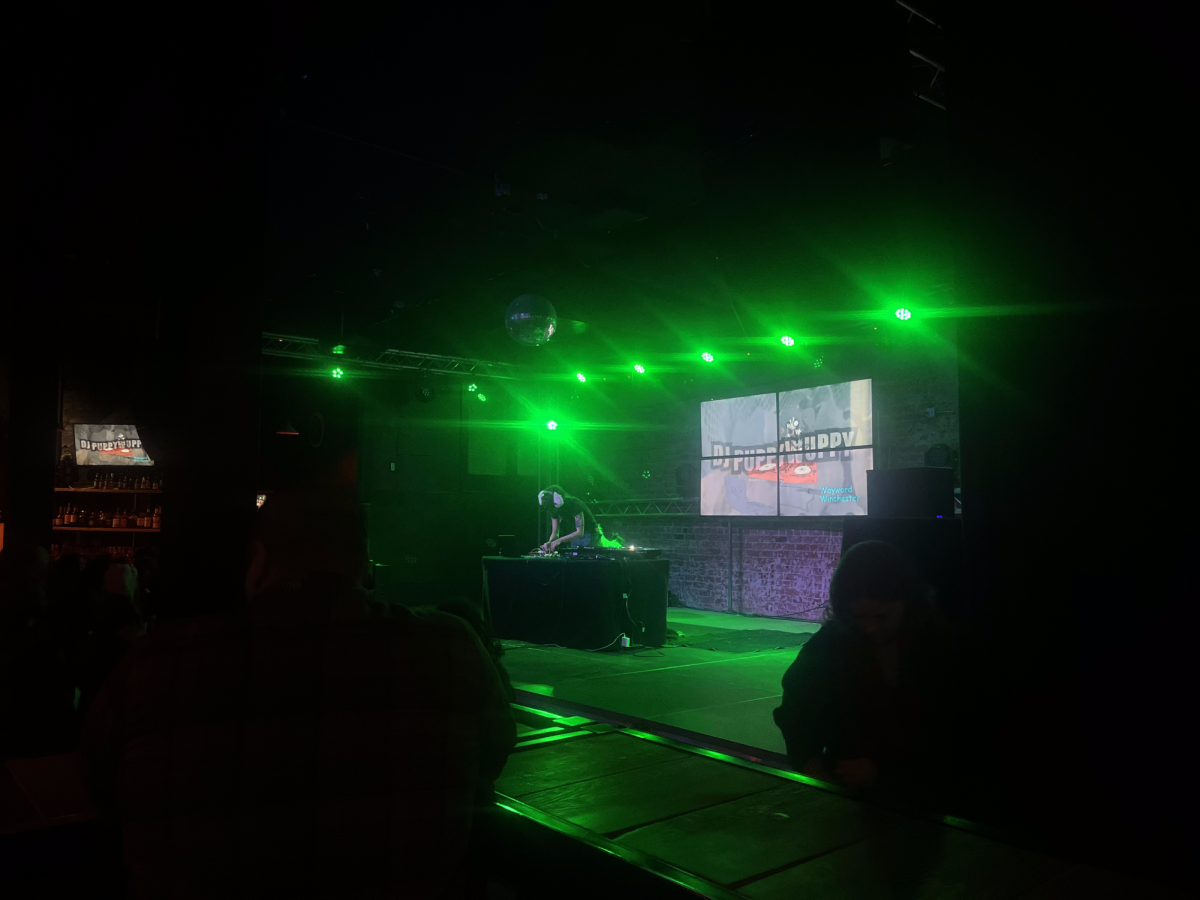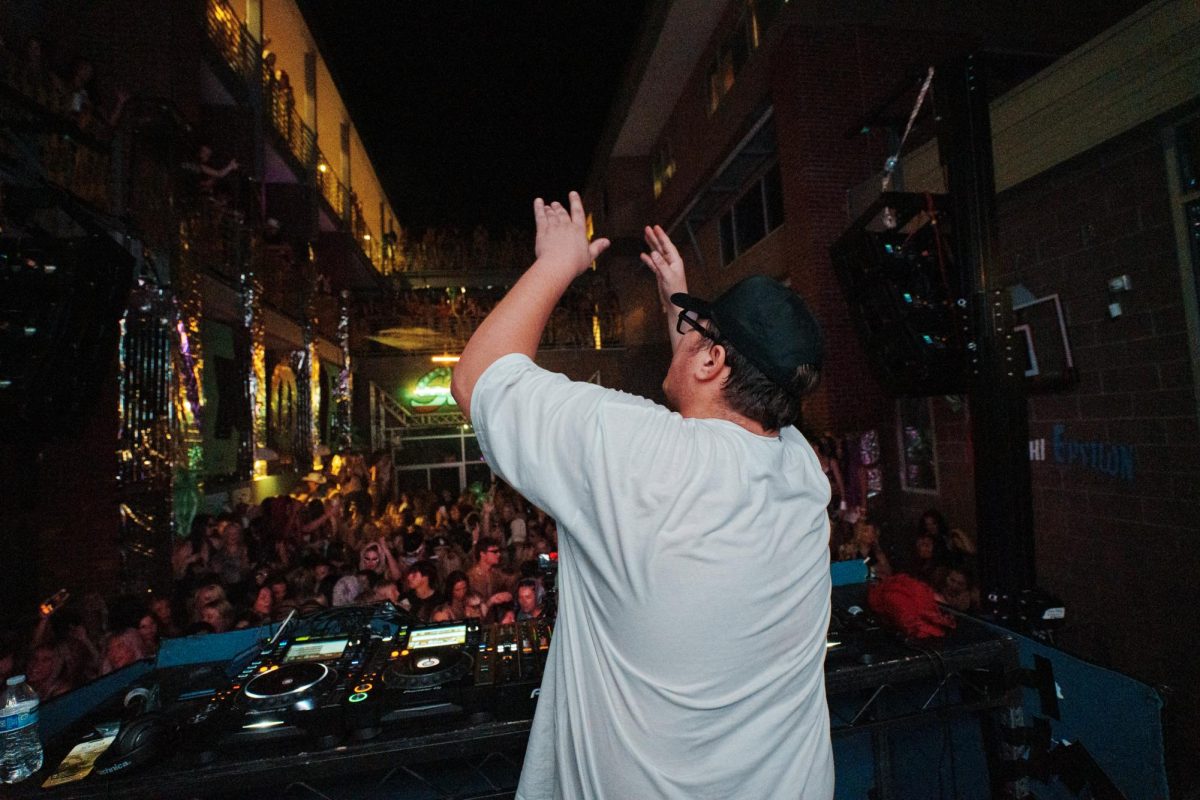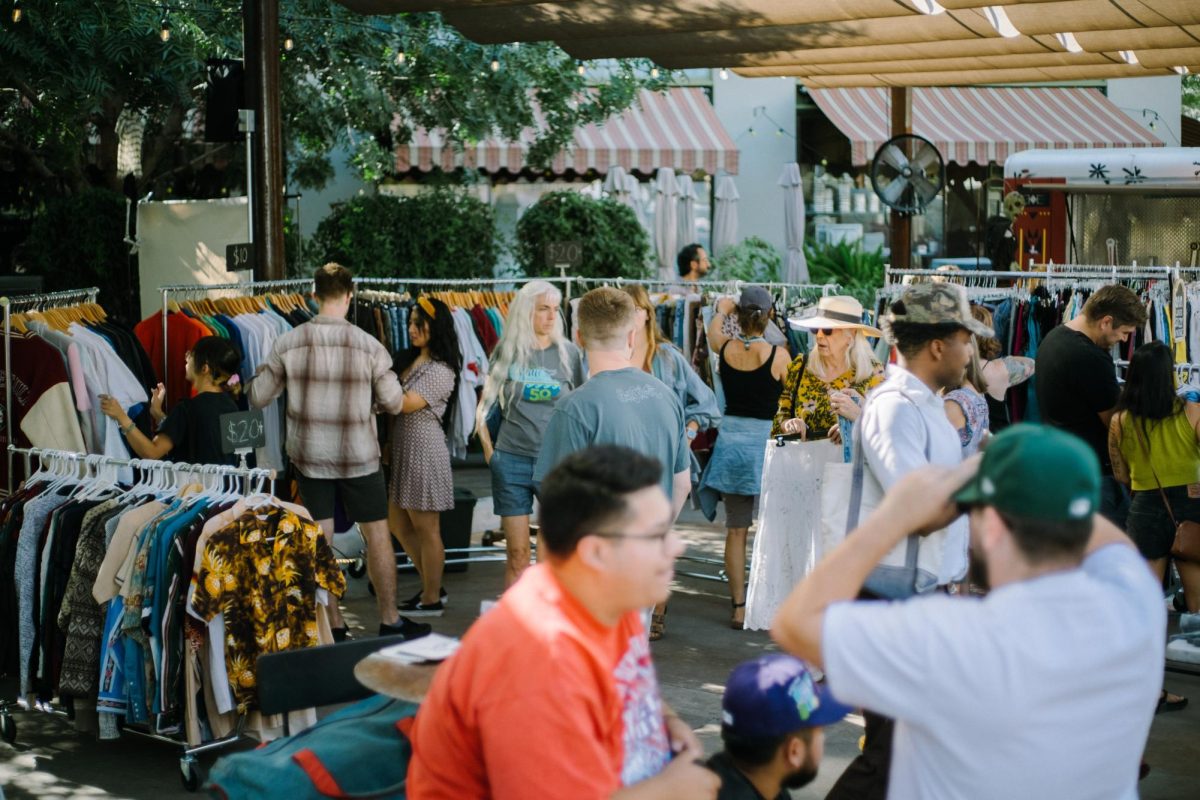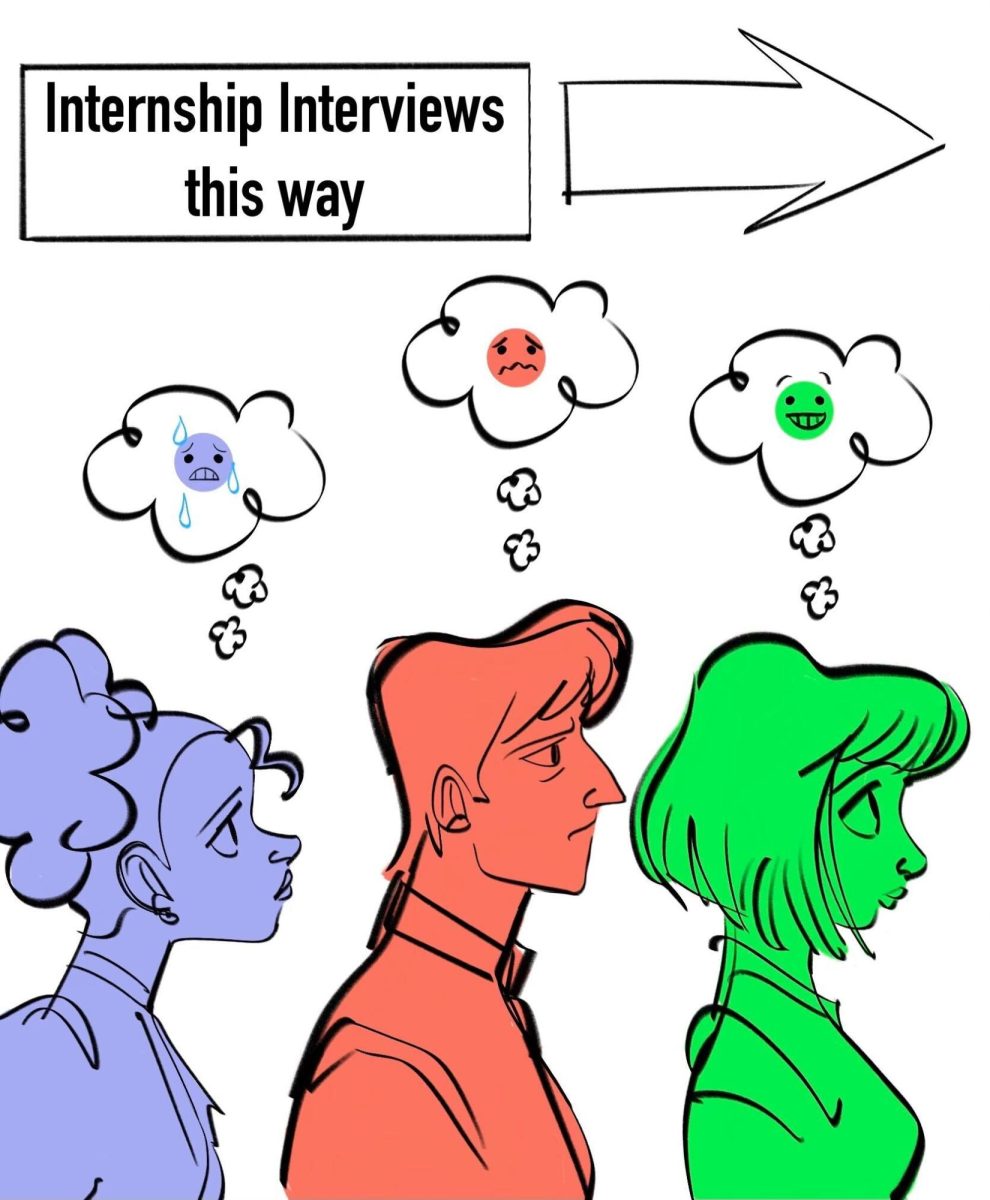Students can feel confident at the polls this election with the help of Arizona’s Citizens Clean Elections Commission.
The Citizens Clean Elections Commission is a non-partisan commission that helps implement the Citizens Clean Elections Act, which was passed in 1998, according to the CCEC’s website.
The Citizens Clean Elections Act’s purpose is to “restore citizen participation and confidence in our political system, improve the integrity of Arizona State government and promote freedom of speech under the U.S. and Arizona Constitutions,” according to its website.
The Daily Wildcat spoke to Gina Roberts, the CCEC’s Voter Education Director, about the importance of clean elections, voter education and voting in this year’s election.
Daily Wildcat: What is the Citizens Clean Elections Commission?
Gina Roberts: We are a state government agency. We were created by voters in 1998 through a citizens’ initiative. A component of the Clean Elections Act is about voter education. That’s really a priority for the current commission. It’s a five-member commission and it’s non-partisan. All of the work that we put out is completely non-partisan and unbiased and the goal is to educate every Arizonan in the state about elections and that includes the logistics. So how to actually get your ballot, how to register to vote, more about the process of voting, as well as learning about the candidates and the issues on the ballot.
DW: What are clean elections?
GR: I think clean elections means something different to every person. The term really comes from another portion of the Clean Elections Act, which is to provide clean funding. Clean funding for campaigns and for candidates that are running for statewide and legislative offices. So it is an optional financing program that candidates can elect into. If they do that, what they’re doing is they’re agreeing to forgo any special interest money and they abide by certain spending limits and contribution limits and what they do. If they qualify, they have to go through a qualification process. If enough voters in their districts show support for that candidate, then they get their campaign funded through the clean elections funds. The thought process behind that was that campaigns will be cleaner and that voters know where the money’s coming from. The history behind that is to help root out corruption in politics and therefore helping to make the elections cleaner so that voters can focus on voting and candidates can focus more on the issues and not so much about the money and politics.
DW: Why are clean elections so important?
GR: I think the Clean Election Act in Arizona is very unique. There’s only a handful of other states in the country that have a clean elections program, and those that do, they are mostly focused on the financing side. When Arizona voters passed the Clean Elections Act, I actually think that they were quite brilliant because the act includes, of course, the optional public financing component, but it also includes measures for campaign finance enforcement so that the commission can ensure that those public funds are being spent in accordance with our rules and laws. And all of that helps to focus more on the issues. Then, they included this aspect of voter education. I think when you look at the Clean Elections Act as a whole, the purpose there is really to allow voters to really focus on the merits of the candidates, the issues, their positions, what they stand for. It’s all working for the benefit of voters so that they can participate in the elections. They can have confidence in their vote. I think when we look at the Clean Elections Commission, as it is today, you’ll see our commissioners have a high focus on early education. That is one of the most important parts of the Clean Elections Act, so we can increase participation in the political process and that’s really what it comes down to. That’s the heart of clean elections — the increased participation in the political process.
RELATED: Campus Closet is back
DW: What type of voter education programs do you offer to the community?
GR: The Commission adopts an annual voter education plan every year, and it’s very comprehensive. We reach every voter and every voter who has a different circumstance. If it’s somebody who’s voting in Pima County, in Tucson, for example, they could have a very different voting experience as compared to somebody who is, you know, in Coconino County. What the commission does is they make sure that voters know everything they need to know to actually participate in the election. We educate voters on the voter registration process. We educate voters on how to get their ballot and the options that are available to them. Whether that is getting an early ballot mailed to you, going to vote early in person or voting on Election Day, we let voters know these are all of the choices that you have to participate in elections, so you can choose what works best for you. Then we also educate, too, on the transparency, so how to confirm your ballot was counted. We have to talk about basically all of the logistics to be able to actually participate in the elections. That’s what our voter education campaign covers for the year. The commission sends out a voter education guide to every single household with a registered voter in the state. You can get voter education at your doorstep. You don’t have to go looking for it, we’re sending it directly to you.
DW: How is the commission handling the spread of misinformation during this election season?
GR: The spread of misinformation is something that Arizona election officials have been concerned about and we’ve been really planning for the election and how to tackle that. And one of the things that the commission does is we have a team media campaign. We have radio commercials, we have a very large digital presence and a large presence on social media. What we’re trying to do is connect voters with an official source of information. We’re encouraging voters to get their election information from trusted sources, and that would be your local election officials. Our website is perhaps one of the greatest resources that we have. We are seeing a lot of traffic on our website right now from voters who are trying to learn about, maybe, the vote-by-mail process. That’s a really hot topic right now. Our website really breaks down the process but also some of the myths that are out there, some of the misconceptions. We try to tackle that, explaining all of these processes and also the security and the integrity of elections. We break all of that down on our website. We let voters know, “Hey, getting your ballot by mail, early voting is safe and it’s secure. You know, maybe there are issues going on with the post office right now. Here’s what you need to know.” So we have a very robust education campaign where we’re communicating with voters across the state about all of these issues that are really in both national and local discourse right now.
RELATED: Postal Progress Q&A: How UA artists are fighting for racial equity one postcard at a time
DW: What advice can you give to students who may be voting for the first time or are facing challenges with voting because of the pandemic?
GR: The best piece of advice I can give you is to act right now. Voters right now can register to vote. They can confirm their registration. Every voter should do that before the election, they should confirm that their registration is correct. That their name is correct. Their address is correct. Their political affiliation is correct. If they have any changes, they should make those changes now. So the first step is either getting registered to vote or updating your registration or confirming your registration. The second is making your plan to vote and decide how you want to get your ballot. Do you want your ballot mailed to you or do you plan to go in person? Of course, with the pandemic and with our students, maybe they’re registered to vote at their parents’ address, but they are temporarily residing in a dorm, then they might want to get their ballot mailed to them in a different location. So they need to make that decision and they need to contact the county recorder to get that request put in. If you decide that you’re going to go voting in person, figure out what you need. Any time you vote in person, ID is required and most student IDs don’t work as an official ID. Figure out if you have the right ID necessary to go vote in person. You know, basically making that plan to vote. Make sure that you take the time to learn about the candidates and the issues too. If you go to AZ Clean Elections, we can help you every step of the way with those processes.
DW: What is the importance of voting?
GR: Voting means something different to everybody, and the best encouragement that I can give, especially for younger people and our students is, this is your home. Maybe it’s not your permanent home, maybe you’re just going to school here, but voting impacts so much more in our lives than people actually realize. Having an understanding of what these elected positions are responsible for I think can really help people understand how voting in that election can impact them. It’s just so important to have your voice heard, even if you believe that it doesn’t count or if you have concerns about that. I can assure you every eligible vote that is cast in the state of Arizona absolutely does count.
For more information visit https://www.azcleanelections.gov/.
Follow Elvia Verdugo on Twitter



